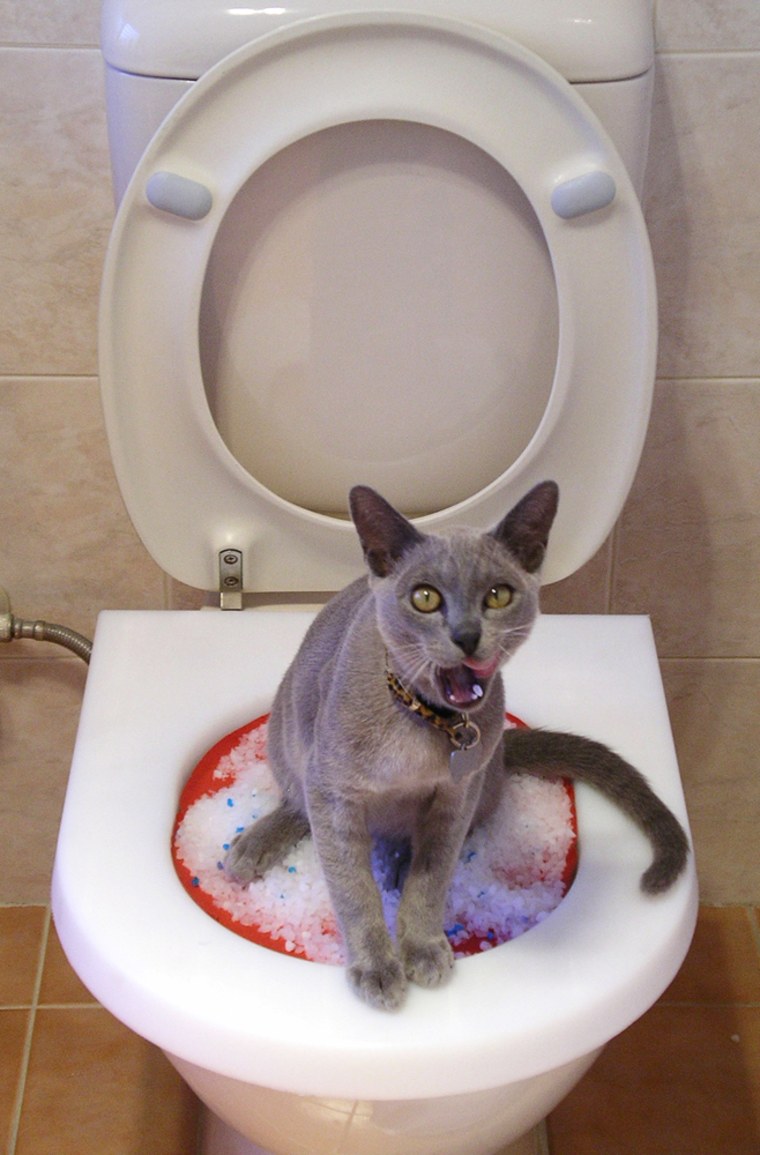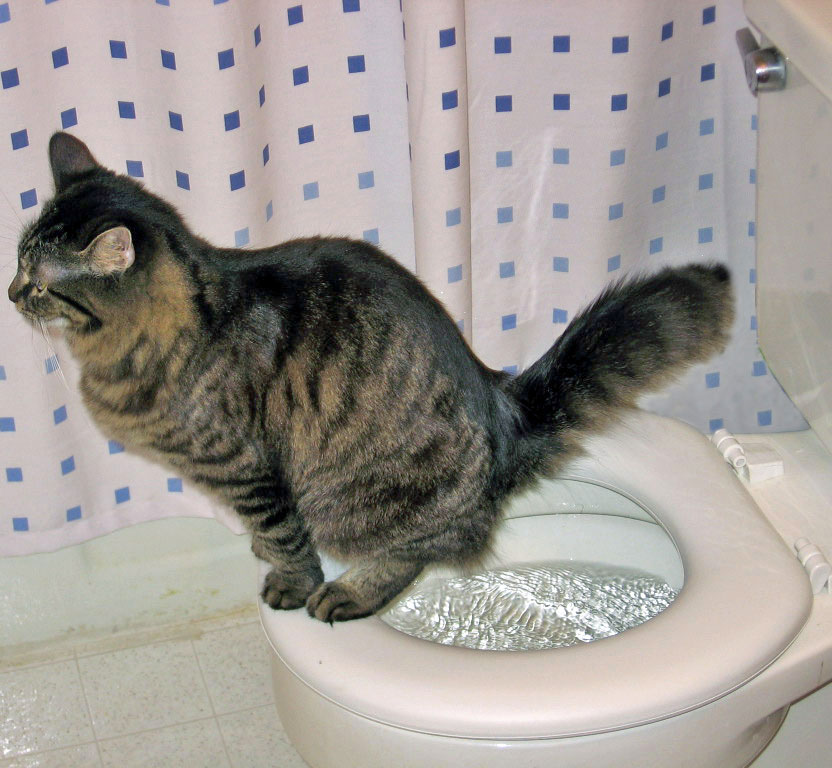Hazards of Flushing Cat Poop Down Your Toilet - Prevent Potential Issues
Hazards of Flushing Cat Poop Down Your Toilet - Prevent Potential Issues
Blog Article
How do you actually feel when it comes to How to Dispose of Cat Poop and Litter Without Plastic Bags?

Intro
As pet cat owners, it's important to bear in mind exactly how we dispose of our feline pals' waste. While it might appear convenient to flush feline poop down the commode, this method can have destructive consequences for both the environment and human health and wellness.
Alternatives to Flushing
The good news is, there are safer and more responsible ways to get rid of pet cat poop. Take into consideration the following options:
1. Scoop and Dispose in Trash
The most usual technique of disposing of cat poop is to scoop it right into an eco-friendly bag and toss it in the trash. Be sure to use a devoted litter scoop and take care of the waste without delay.
2. Usage Biodegradable Litter
Go with biodegradable cat clutter made from products such as corn or wheat. These litters are eco-friendly and can be safely disposed of in the trash.
3. Bury in the Yard
If you have a backyard, think about hiding pet cat waste in an assigned location far from vegetable yards and water resources. Be sure to dig deep adequate to prevent contamination of groundwater.
4. Mount a Pet Waste Disposal System
Purchase an animal waste disposal system specifically created for feline waste. These systems make use of enzymes to break down the waste, reducing odor and environmental effect.
Health and wellness Risks
In addition to environmental concerns, purging feline waste can also position health and wellness dangers to humans. Pet cat feces may contain Toxoplasma gondii, a parasite that can trigger toxoplasmosis-- a possibly extreme disease, especially for expecting females and individuals with damaged body immune systems.
Environmental Impact
Purging pet cat poop presents hazardous pathogens and bloodsuckers right into the water system, posturing a considerable risk to marine ecosystems. These impurities can negatively impact aquatic life and compromise water top quality.
Final thought
Responsible family pet ownership extends past offering food and shelter-- it additionally involves correct waste administration. By avoiding flushing feline poop down the bathroom and opting for alternate disposal approaches, we can lessen our ecological footprint and secure human wellness.
Why You Should Never Flush Cat Poop Down the Toilet
A rose by any other name might smell as sweet, but not all poop is created equal. Toilets, and our sewage systems, are designed for human excrement, not animal waste. It might seem like it couldn’t hurt to toss cat feces into the loo, but it’s not a good idea to flush cat poop in the toilet.
First and foremost, assuming your cat uses a litter box, any waste is going to have litter on it. And even the smallest amount of litter can wreak havoc on plumbing.
Over time, small amounts build up, filling up your septic system. Most litter sold today is clumping; it is made from a type of clay that hardens when it gets wet. Ever tried to scrape old clumps from the bottom of a litter box? You know just how cement-hard it can get!
Now imagine just a small clump of that stuck in your pipes. A simple de-clogger like Drano isn’t going to cut it. And that means it’s going to cost you big time to fix it.
Parasitic Contamination
Believe it or not, your healthy kitty may be harboring a nasty parasite. Only cats excrete Toxoplasma in their feces. Yet it rarely causes serious health issues in the cats that are infected. Most people will be fine too if infected. Only pregnant women and people with compromised immune systems are at risk. (If you’ve ever heard how women who are expecting are excused from litter cleaning duty, Toxoplasma is why.)
But other animals may have a problem if infected with the parasite. And human water treatment systems aren’t designed to handle it. As a result, the systems don’t remove the parasite before discharging wastewater into local waterways. Fish, shellfish, and other marine life — otters in particular — are susceptible to toxoplasma. If exposed, most will end up with brain damage and many will die.
Depending on the species of fish, they may end up on someone’s fish hook and, ultimately on someone’s dinner plate. If that someone has a chronic illness, they’re at risk.
Skip the Toilet Training
We know there are folks out there who like to toilet train their cats. And we give them props, it takes a lot of work. But thanks to the toxoplasma, it’s not a good idea.

As a devoted person who reads on How to Dispose of Cat Poop and Litter Without Plastic Bags, I think sharing that piece of content was beneficial. For those who liked our post please remember to share it. Kudos for your time. Don't forget to visit our site back soon.
About This Report this page